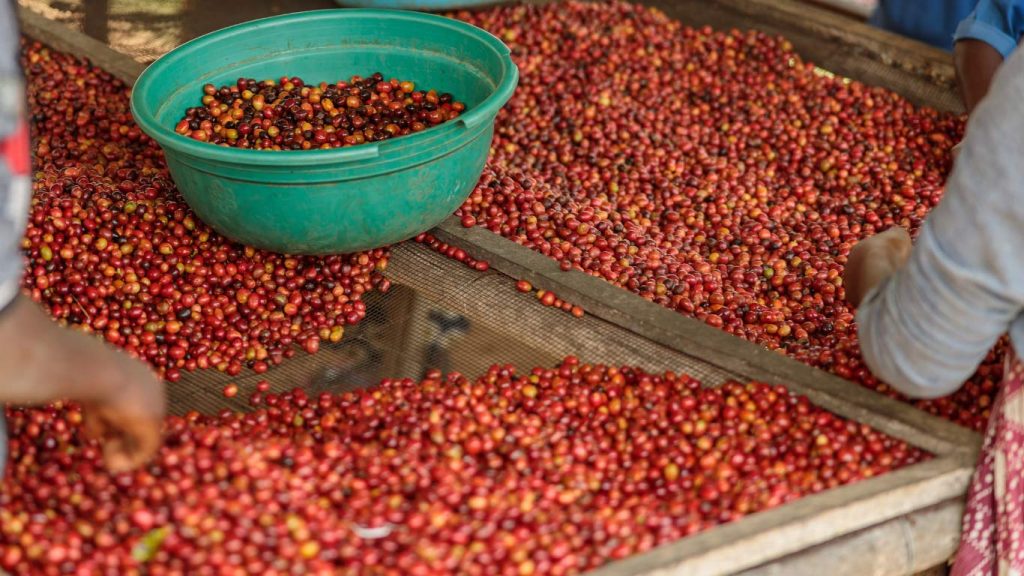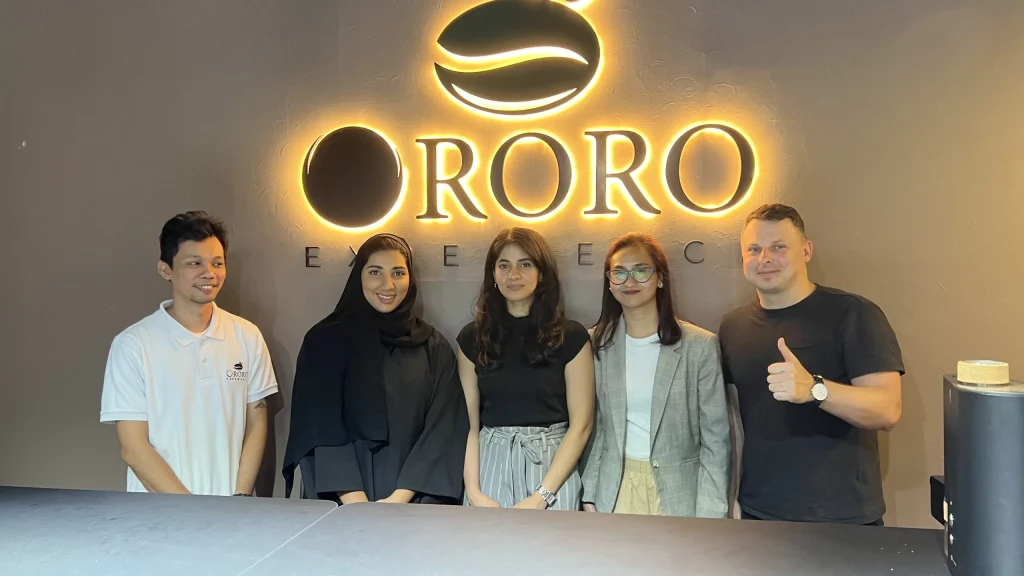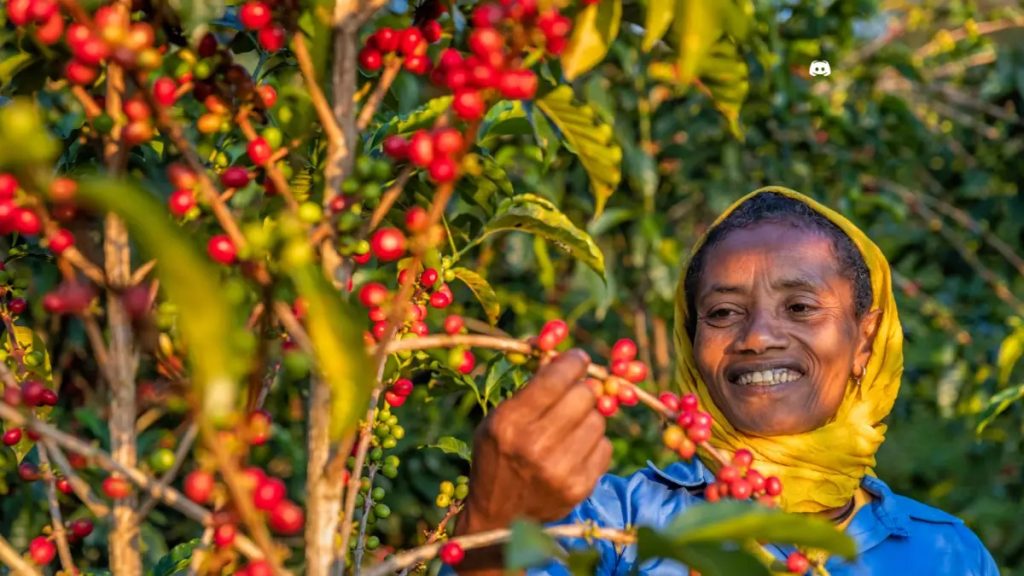The History, Quality, and Benefits of Congo Coffee
Congo Coffee is a unique coffee production in the Democratic Republic of Congo (DRC) in East Africa. It has a distinct flavor that stands out among other coffees due to its origin, production methods, and quality control measures.
In this blog post, we’ll take a closer look at the history of Congo Coffee, its unique qualities, and why you should try some today.
The History of Congo Coffee
Congo Coffee has been around for centuries but only recently gained popularity worldwide due to its high quality and distinct taste profile. It is believed that Congolese people have been drinking coffee since the 16th century when traders first introduced it from Ethiopia.
Until the 1970s, Congo exported more than 120,000 tons of coffee annually. But just after the Civil war, the graph started going down. According to the report, in 2022, Congo could only supply 10,000 tons.
Apart from their country issues, if I talk about their coffee, it’s always been on the top of the chart.
The connection between Congo coffee and East Africa is deep and longstanding. In the 19th century, African traders began transporting coffee beans across East Africa.
Over time, Congolese citizens began growing their coffee, which was celebrated for its robust flavor profile. Today, Congo continues to significantly contribute to East African coffee culture, with production centered in its eastern provinces.
The quality of Congo’s beans means that it is often highly sought-after by roasters worldwide, mainly because their production is considered sustainable and highly ethical.
With an ever-growing list of international awards, Congo can undoubtedly claim to be an integral part of the region’s reputation for excellence in specialty coffee farming.
Why Is Congo Coffee Good?
Congo Coffee is known for its smooth, full-bodied taste with hints of cocoa and floral notes. This is due to the region’s rich soil combined with careful harvesting techniques, which ensure that only ripe beans are picked and processed.
Additionally, each batch is carefully roasted to bring out the most flavorful cup possible. The Congolese farmers also use organic farming practices, which help keep their environment clean while producing high-quality coffee beans.
Does The Region Have Any Effects on Its Quality?
Yes! The region’s climate plays a significant role in determining the quality of each crop season after season.
The temperatures are perfect for growing coffee trees. As well as providing enough rain for optimal growth without flooding or destroying any crops. Also, DRC has located near the equator and two major mountain ranges. As a result, it experiences ideal weather conditions for producing excellent-tasting coffee beans year-round.
Conclusion
Overall, Congo Coffee offers an unforgettable cup filled with rich flavors and aromas that will leave you wanting more. It has a long history in the country, and its production methods are designed to ensure high-quality beans every time you brew a cup. Plus, it’s grown organically on farms dedicated to keeping their environment clean. So you can feel good about where your morning cup comes from.




